For years there has been ongoing debate on what the veterinary medical community should recommend to owners in regard to indoor vs. free roaming pet cats. It's been shown that free ranging cats have shorter lifespans, and are more prone to accidents, predators, parasites and infectious diseases. In addition, evidence now shows that outdoor cats 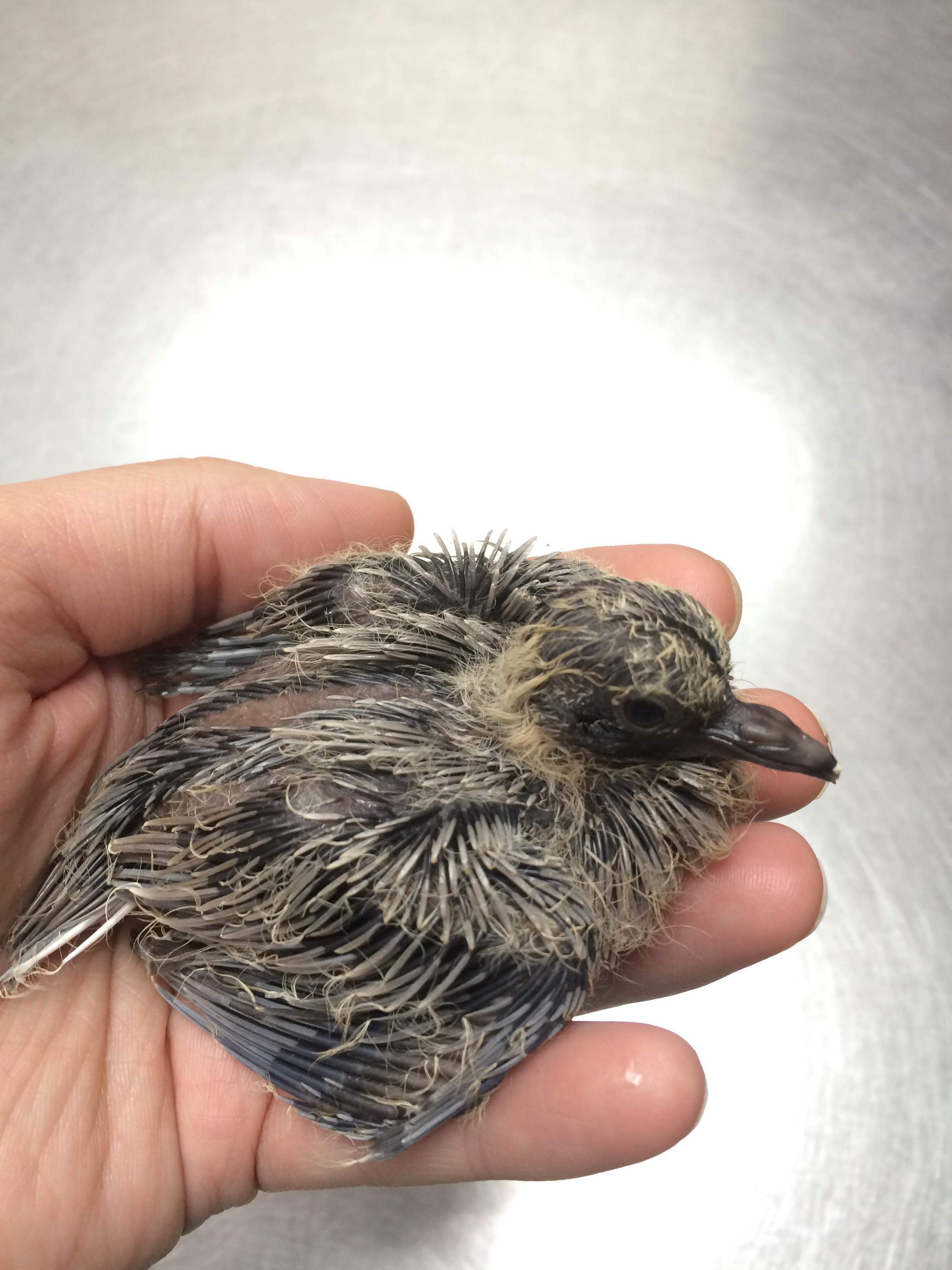 have already made a significant negative impact on native wildlife populations, in particular wild birds, some of whose numbers are declining and may be threatened eventually. Every year concerned citizens come to our door with injured birds and mammals their cats have caught outdoors, or even brought inside as "presents". Most of these do not survive.
For this reason, AEAC supports the American Veterinary Medical Association (AVMA) position on out door cats which is available here: https://www.avma.org/KB/Policies/Pages/Free-Roaming-Owned-Cats.aspx
have already made a significant negative impact on native wildlife populations, in particular wild birds, some of whose numbers are declining and may be threatened eventually. Every year concerned citizens come to our door with injured birds and mammals their cats have caught outdoors, or even brought inside as "presents". Most of these do not survive.
For this reason, AEAC supports the American Veterinary Medical Association (AVMA) position on out door cats which is available here: https://www.avma.org/KB/Policies/Pages/Free-Roaming-Owned-Cats.aspx
For many years, the Association of Avian Veterinarians has recommended keeping cats indoors, primarily due to the impact on native birds. The position statement can be found here: : http://www.aav.org/default.asp?page=feralcats



 At the Avian and Exotic Animal Clinic, we love pet rabbits. We love people who love pet rabbits. However, in the weeks after Easter, our local rescue partners see an upswing in the number of rabbits relinquished by well-meaning people who bought Easter Bunnies on impulse without a lot of thought about what goes into caring for a pet who can live for 10 years or more.
The House Rabbit Society has a wonderful article on the Easter Bunny Problem you can read here:
At the Avian and Exotic Animal Clinic, we love pet rabbits. We love people who love pet rabbits. However, in the weeks after Easter, our local rescue partners see an upswing in the number of rabbits relinquished by well-meaning people who bought Easter Bunnies on impulse without a lot of thought about what goes into caring for a pet who can live for 10 years or more.
The House Rabbit Society has a wonderful article on the Easter Bunny Problem you can read here: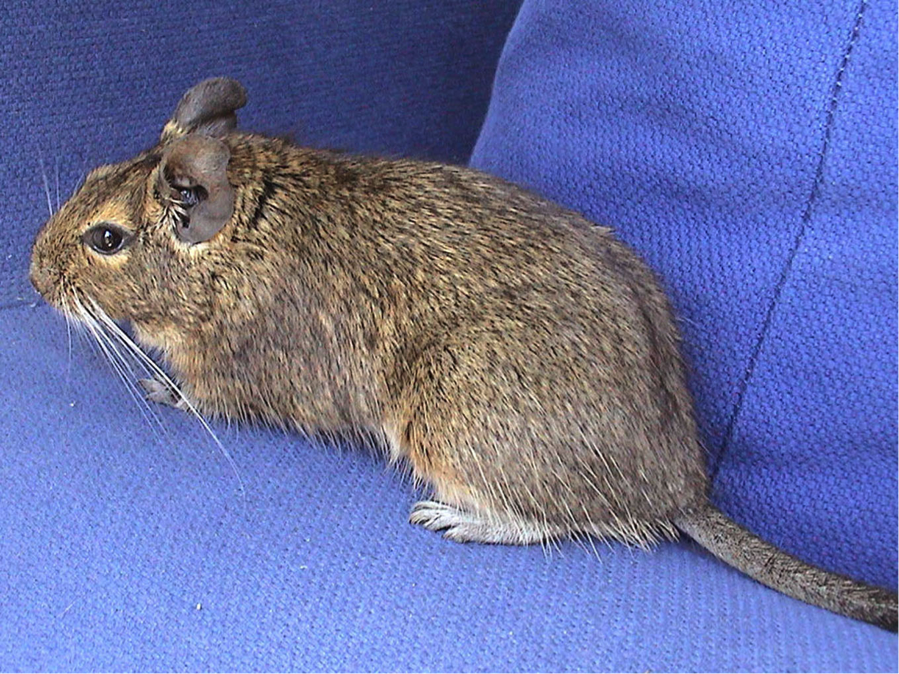


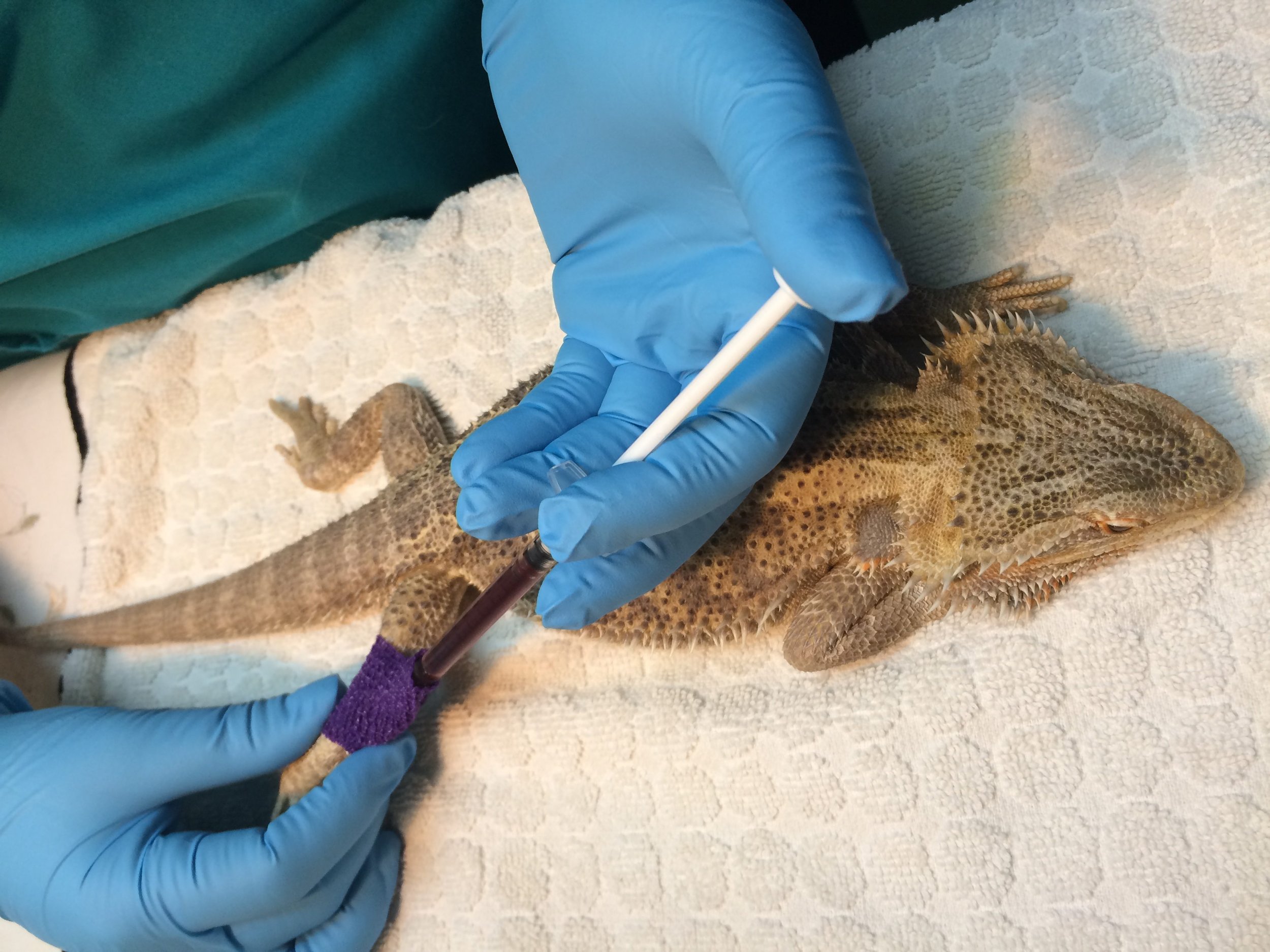
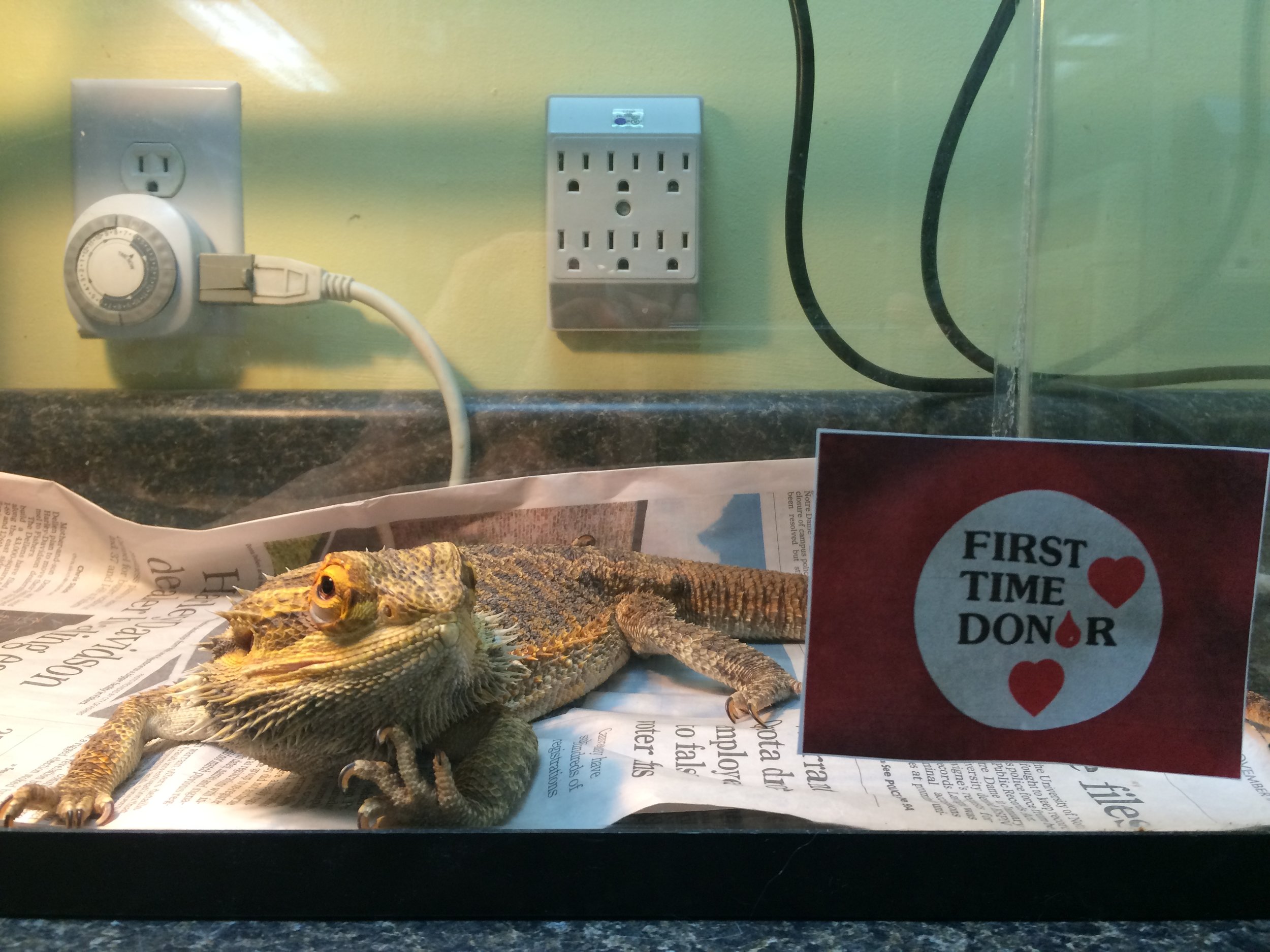



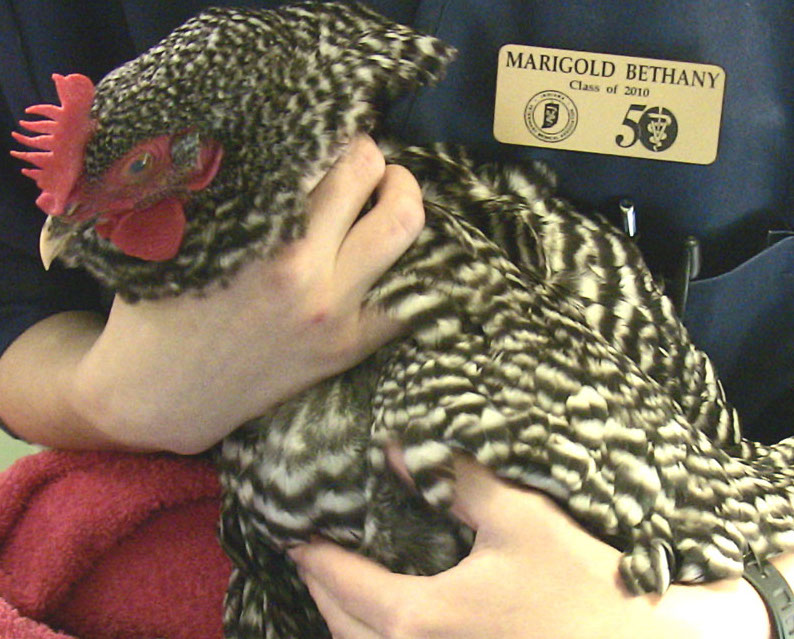










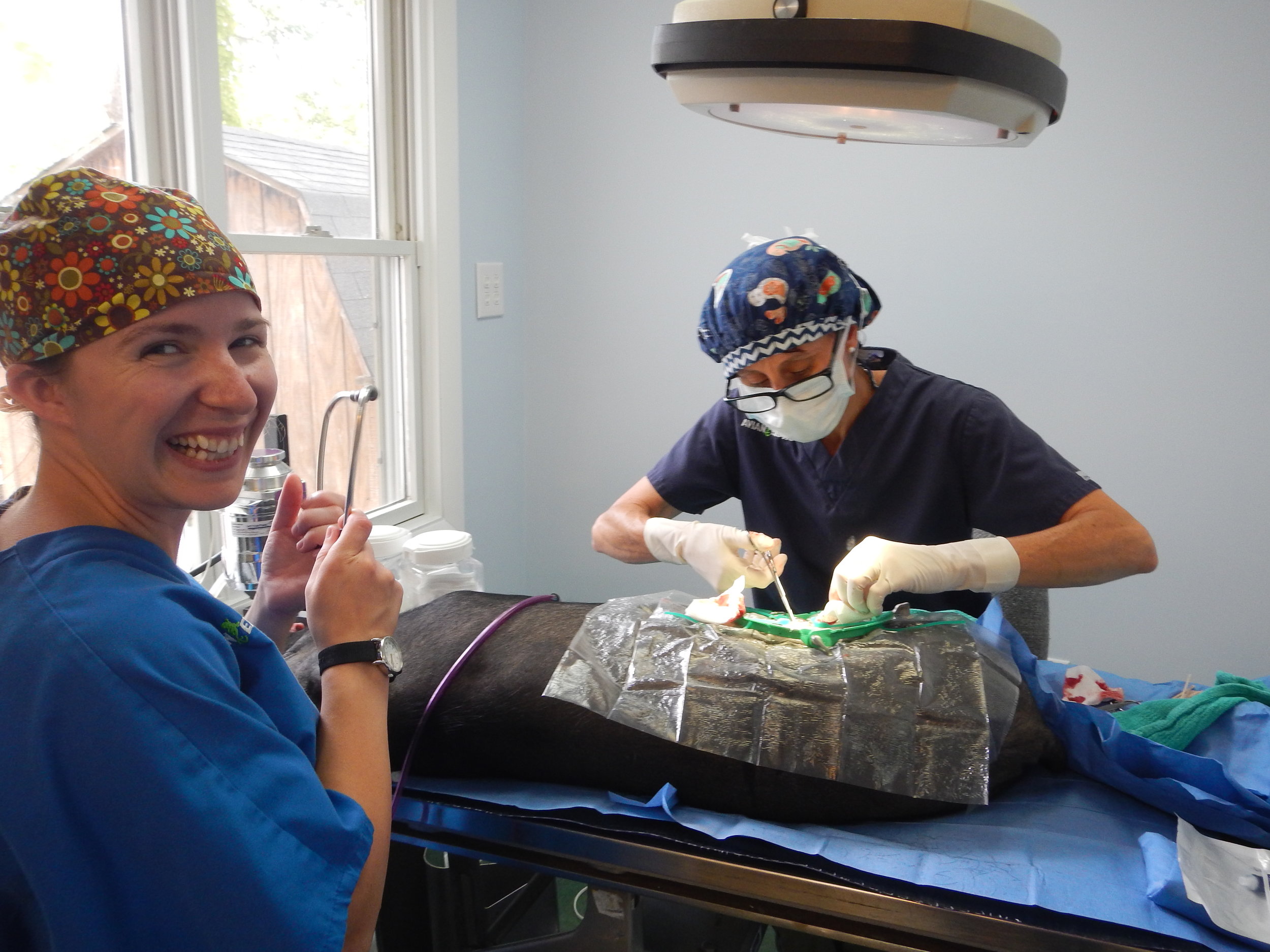








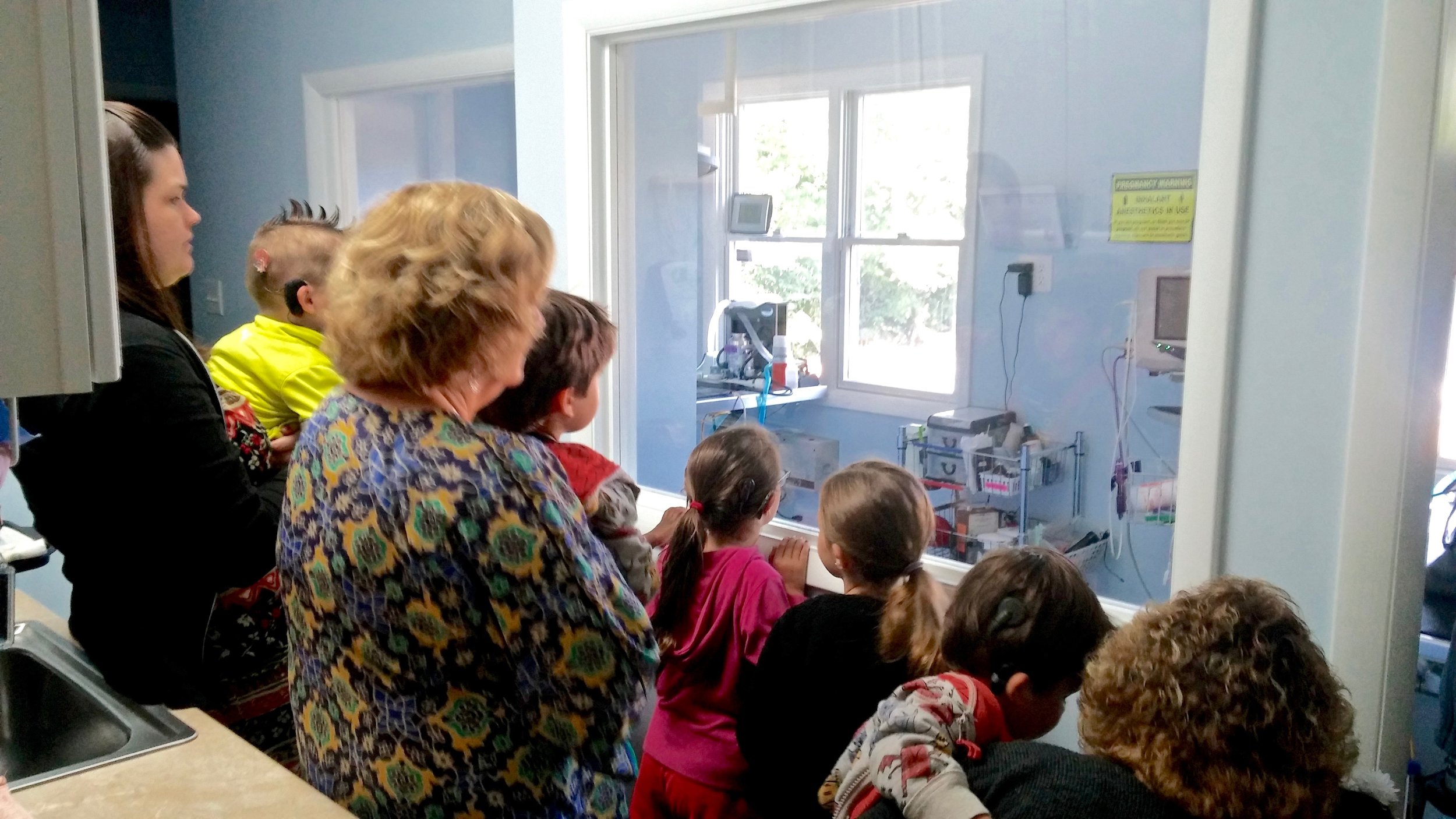
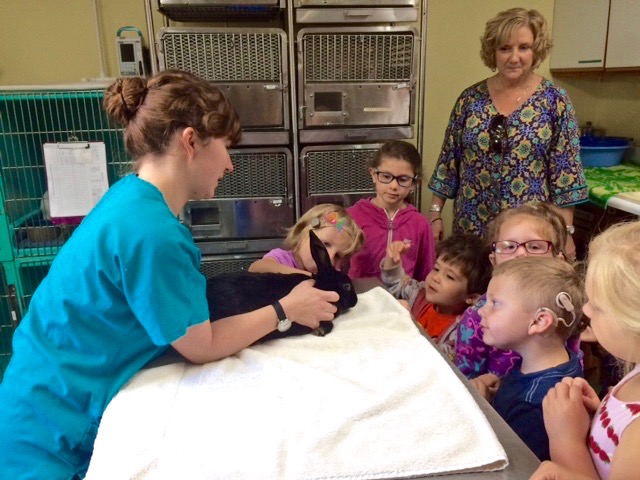




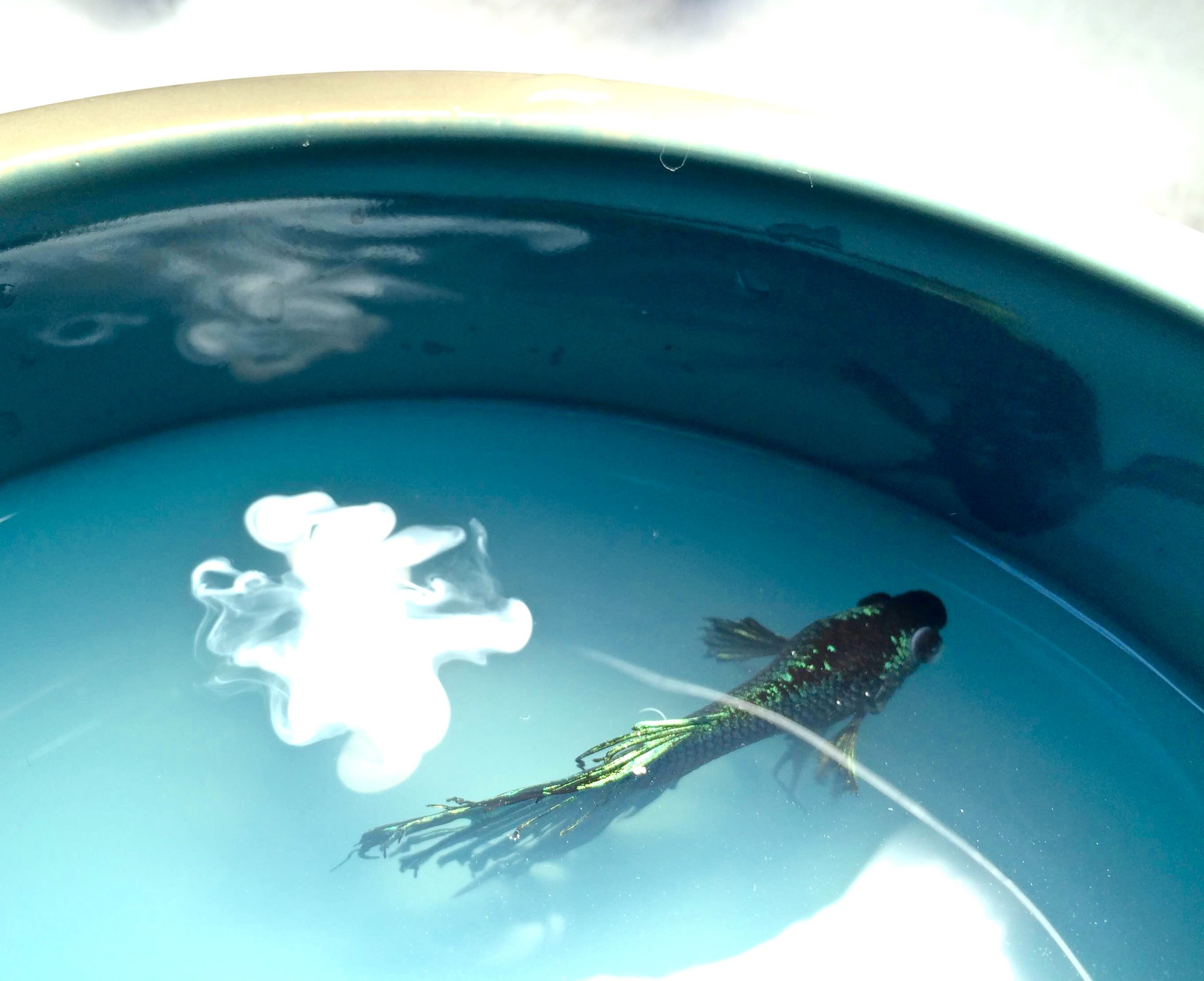
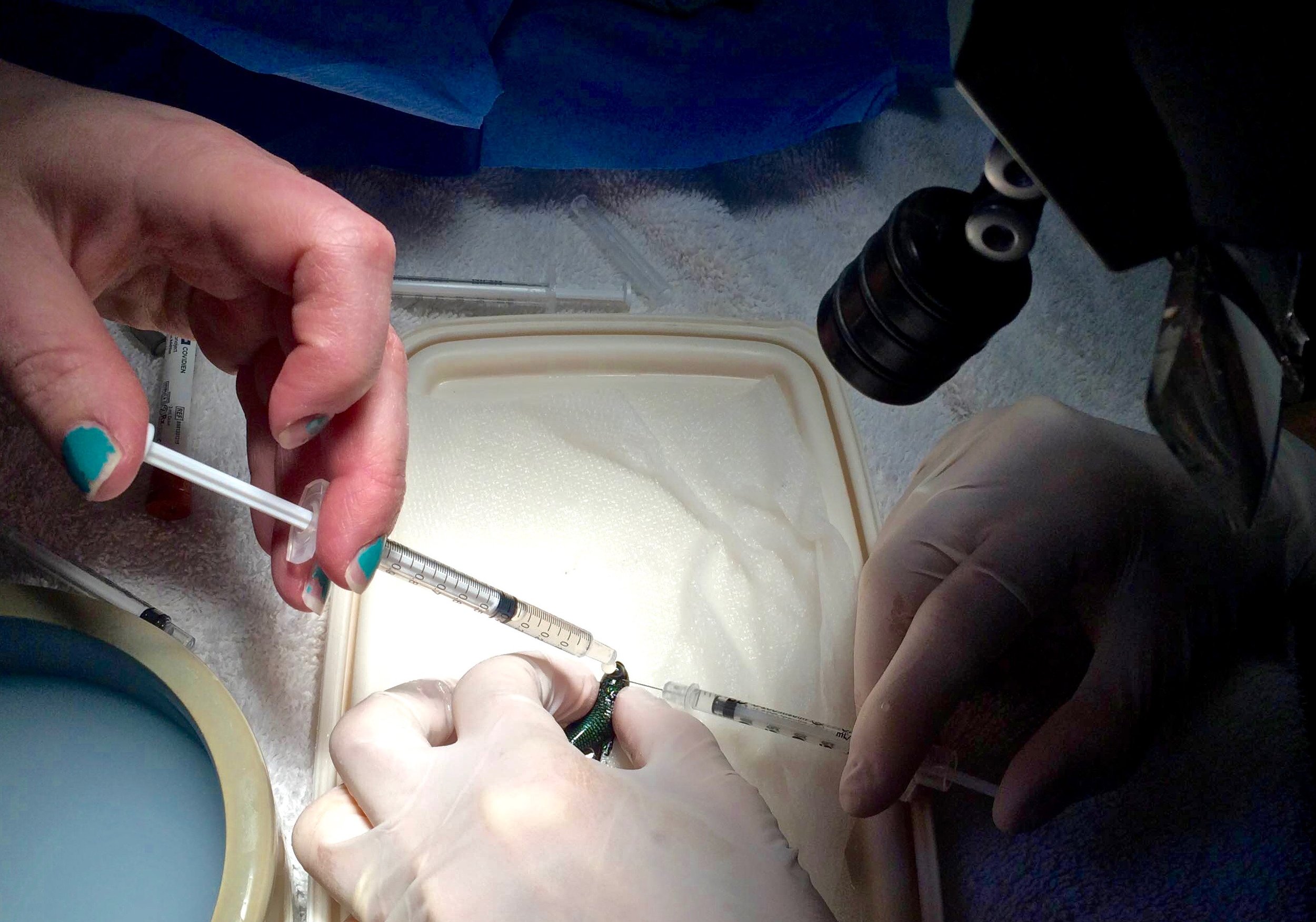














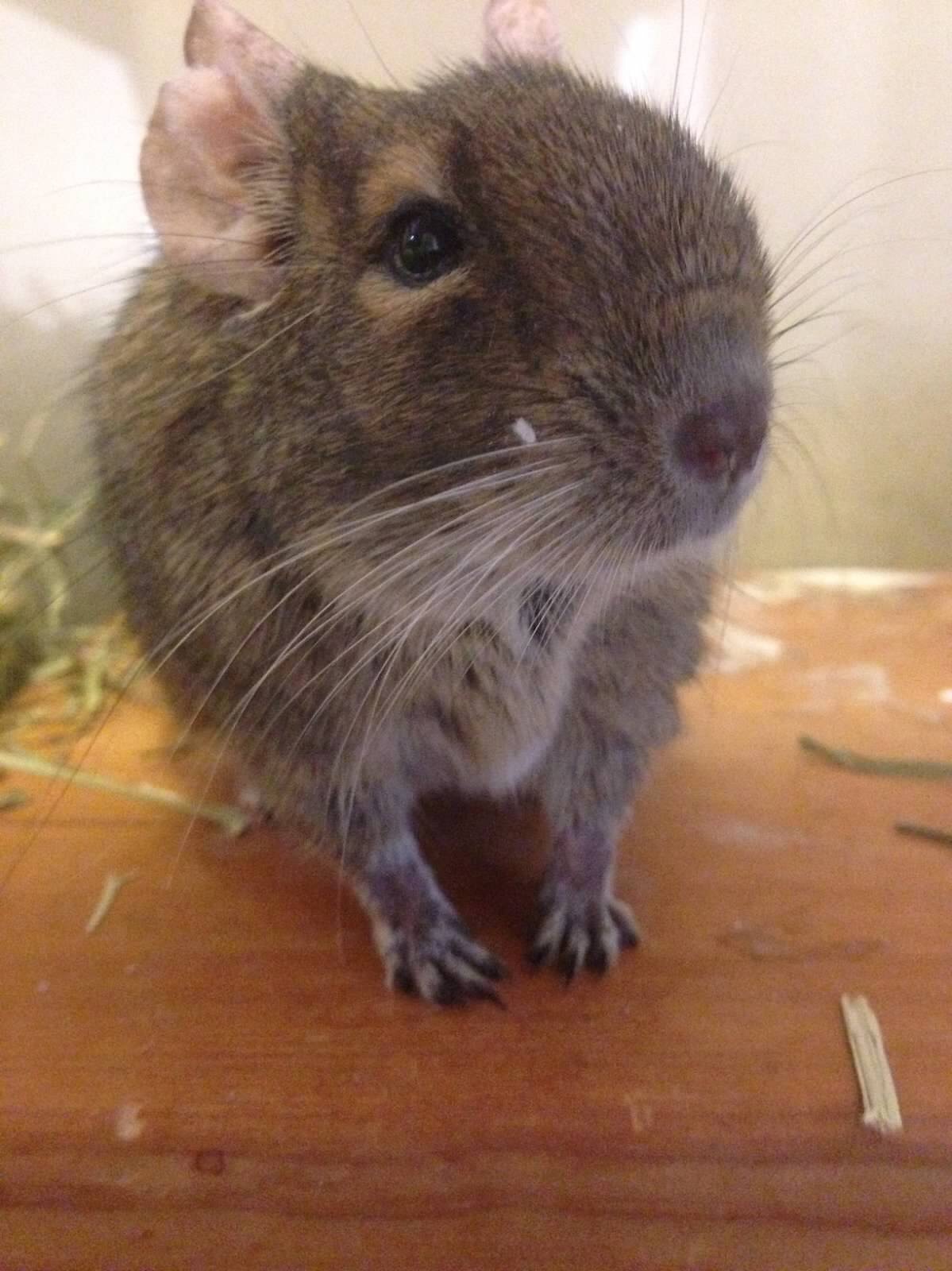 eavy hearts that we announce the passing of Phil, the clinic degu. Phil came to us nearly 8 years ago as an adult, though no one was quite sure of his actual age. He, unlike most of his species, couldn’t stand living with other degus and had to be kept separately from his family. He lived alone quite happily in one of our exam rooms, where many of you may have seen and interacted with him. Phil enjoyed exploring the clinic in his giant hamster ball while his cage was being cleaned, being scratched (but not picked up!) and rearranging his cage furniture. About 6 months ago, Phil started to have some health problems and it was decided that it was time for him to retire as clinic pet. He went to live with our receptionist Megan, where he enjoyed hanging out on the couch getting snuggled during movie time and sleeping against the side of the cage against his cat friend Samurai Sam. When in his ball, he particularly liked forming trains with Megan's other pets to follow her around the house! Megan spoiled him rotten until he finally passed on Saturday. All of us will miss him greatly. As a legacy to Phil, we are opening his cage up to adoptable animals from one of our
eavy hearts that we announce the passing of Phil, the clinic degu. Phil came to us nearly 8 years ago as an adult, though no one was quite sure of his actual age. He, unlike most of his species, couldn’t stand living with other degus and had to be kept separately from his family. He lived alone quite happily in one of our exam rooms, where many of you may have seen and interacted with him. Phil enjoyed exploring the clinic in his giant hamster ball while his cage was being cleaned, being scratched (but not picked up!) and rearranging his cage furniture. About 6 months ago, Phil started to have some health problems and it was decided that it was time for him to retire as clinic pet. He went to live with our receptionist Megan, where he enjoyed hanging out on the couch getting snuggled during movie time and sleeping against the side of the cage against his cat friend Samurai Sam. When in his ball, he particularly liked forming trains with Megan's other pets to follow her around the house! Megan spoiled him rotten until he finally passed on Saturday. All of us will miss him greatly. As a legacy to Phil, we are opening his cage up to adoptable animals from one of our